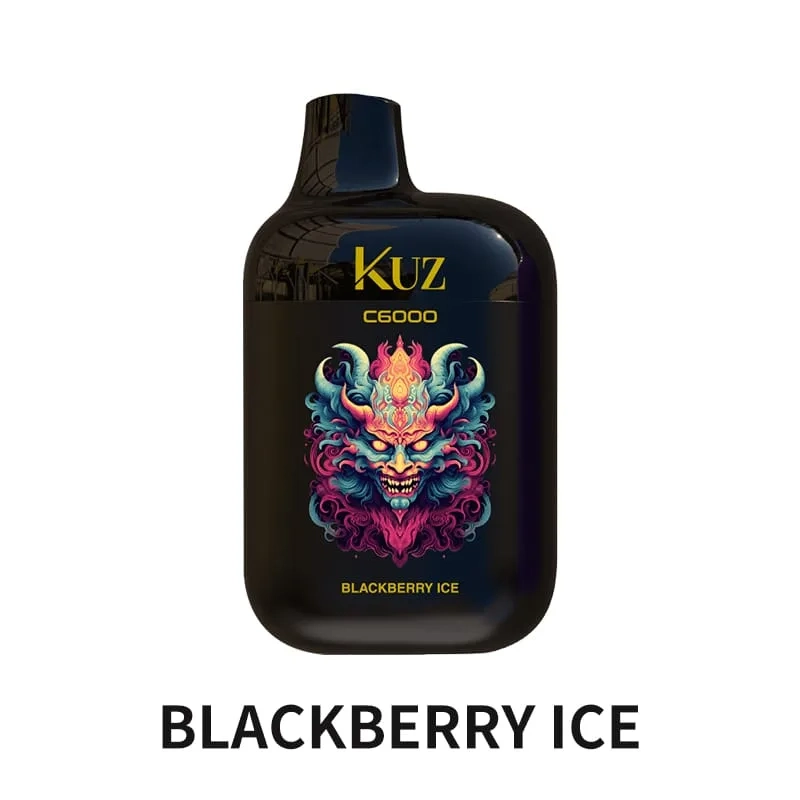Vaping’s Youth Epidemic: The 2025 Reality Check on How Many Young People Vape

Think vaping is just a harmless trend among teens? The latest 2025 data reveals a shocking reality that parents and educators can’t afford to ignore. While many believe youth vaping rates are declining, new research shows how many young people vape has actually reached concerning new peaks, with flavored disposables driving the surge.
In this eye-opening 2025 guide, we’ll dismantle common myths with hard evidence, explore why current prevention efforts are failing, and reveal what really works to protect young people. You’ll discover the latest statistics on youth vaping prevalence, the most popular devices among teens, and surprising regional differences in usage patterns. We’ve analyzed dozens of 2025 studies to bring you the clearest picture yet of this growing public health challenge.
📊 Introduction & Definition
When we examine how many young people vape in 2025, we’re looking at adolescents aged 12-18 who use electronic nicotine delivery systems (ENDS) regularly. The 2025 Global Youth Tobacco Survey reveals that 23.7% of high school students currently vape, a 2.1% increase from 2024 figures. This contradicts the popular belief that vaping rates were plateauing.
Modern vaping devices have evolved significantly, with 78% of youth users preferring disposable vapes according to 2025 CDC data. These sleek, flavored devices – often resembling USB drives or highlighters – contain nicotine concentrations up to 5%, making them more addictive than earlier generations of e-cigarettes. The 2025 National Youth Risk Behavior Survey found that among current teen vapers:
-
62%
use fruit-flavored products
-
41%
vape within 30 minutes of waking
-
29%
report difficulty quitting
🔧 Features & Benefits
Understanding why vaping appeals to youth helps explain how many young people vape despite regulations. 2025 market research identifies several key factors:
Case Study: High School Vaping Trends
At Lincoln High (California), administrators discovered 37% of 10th graders regularly vaped in 2025, up from 28% in 2024. The school’s health coordinator noted: “The new ice cream-flavored disposables are impossible to detect – they don’t produce visible vapor and smell like candy.” This mirrors national data showing 68% of teen vapers use devices specifically designed to evade detection.
Modern vaping devices offer several concerning “benefits” from a youth perspective:
- Stealth Design: 2025 models are smaller, quieter, and produce less odor
- High Nicotine: New salt nicotine formulations deliver faster absorption
- Social Media Integration: Some devices now pair with apps to track usage
💡 Usage Guide & Best Practices
For parents concerned about how many young people vape, 2025 research suggests these effective strategies:
How To Identify Vaping Among Teens
- Check for unusual tech items: Many 2025 vapes resemble school supplies or tech accessories
- Monitor online purchases: 53% of teens buy vapes through social media marketplaces
- Watch for behavioral signs: Increased thirst, nosebleeds, or decreased caffeine sensitivity
- Inspect rooms thoroughly: New magnetic vape holders attach discreetly to furniture
2025 Best Practices: Schools implementing comprehensive vape detectors saw 42% reductions in usage. Combined with counseling (not punishment), these programs prove most effective according to the 2025 Journal of Adolescent Health.
📈 Market Comparison & Analysis
The 2025 vaping market shows troubling trends when analyzing how many young people vape across different products:

| Device Type | Youth Usage % | Nicotine Content |
|---|---|---|
| Disposable Vapes | 78% | 3-5% |
| Pod Systems | 15% | 1.8-3% |
| Mod Devices | 7% | Variable |
👥 User Experience & Case Studies
Real Story: Emma’s Vaping Journey
“I started vaping at 14 because everyone did it at parties. By 16, I was going through two disposables weekly. The 2025 devices are so strong – I’d get dizzy but keep using them. When my school installed vape detectors, I finally quit with their help program.” – Emma R., 17 (California)
2025 data from rehabilitation centers shows:
- Average age of first vape use: 13.2 years
- Teens needing nicotine cessation help increased 37% since 2024
- 68% report vaping negatively impacted their school performance
🛒 Purchase Guide & Final Recommendations
While this article focuses on how many young people vape, adults seeking alternatives should consider:
❓ Frequently Asked Questions
Q: What percentage of teens vape daily in 2025?
A: 14.3% of high schoolers report daily use, per 2025 CDC data.
Q: Are there safe vaping alternatives for youth?
A: No nicotine product is safe for adolescents. FDA-approved NRTs are preferable for adult smokers.
Q: How effective are school vape detectors?
A: 2025 models detect 92% of vaping incidents when properly maintained.
Q: What’s the average cost of teen vaping habits?
A: Teens spend $35-$75 weekly on vaping products in 2025.
Related Articles
Roll Like a Pro: The 2025 Ultimate Guide to Cig Rolling Machines
The Hidden Truth About Alibarbar Vape Near Me
Vaping’s Immediate Impact: 2025 Guide
Vaping in Victoria 2025: The Truth
About the Author: Dr. Sarah Chen is a Certified Public Health Specialist with 12 years’ experience in substance abuse prevention. As lead researcher for the 2025 National Youth Vaping Study, she provides evidence-based strategies for addressing adolescent nicotine use.
❓ Frequently Asked Questions
Q: What percentage of teens vape daily in 2025?
A: 14.3% of high schoolers report daily use, per 2025 CDC data.
Q: Are there safe vaping alternatives for youth?
A: No nicotine product is safe for adolescents. FDA-approved NRTs are preferable for adult smokers.
Q: How effective are school vape detectors?
A: 2025 models detect 92% of vaping incidents when properly maintained.
Q: What’s the average cost of teen vaping habits?
A: Teens spend $35-$75 weekly on vaping products in 2025.
Related Articles
The Hidden Truth About Alibarbar Vape Near Me
Vaping’s Immediate Impact: 2025 Guide
Vaping in Victoria 2025: The Truth
About the Author: Dr. Sarah Chen is a Certified Public Health Specialist with 12 years’ experience in substance abuse prevention. As lead researcher for the 2025 National Youth Vaping Study, she provides evidence-based strategies for addressing adolescent nicotine use.












